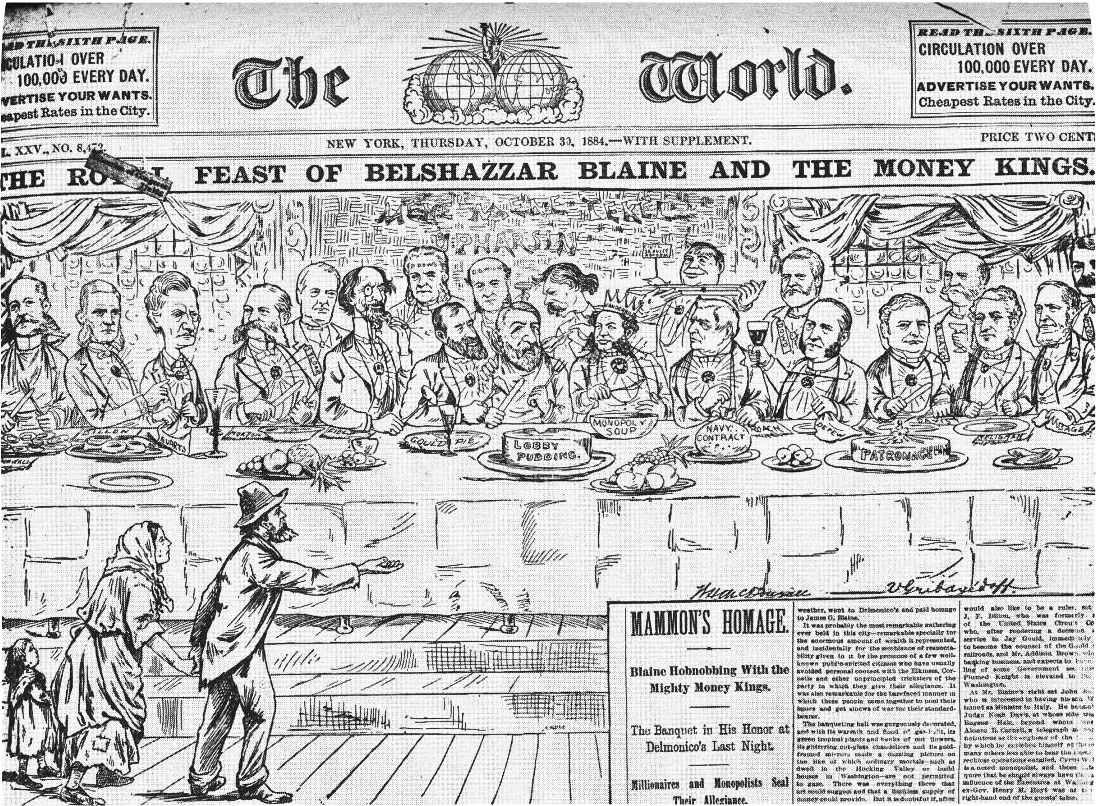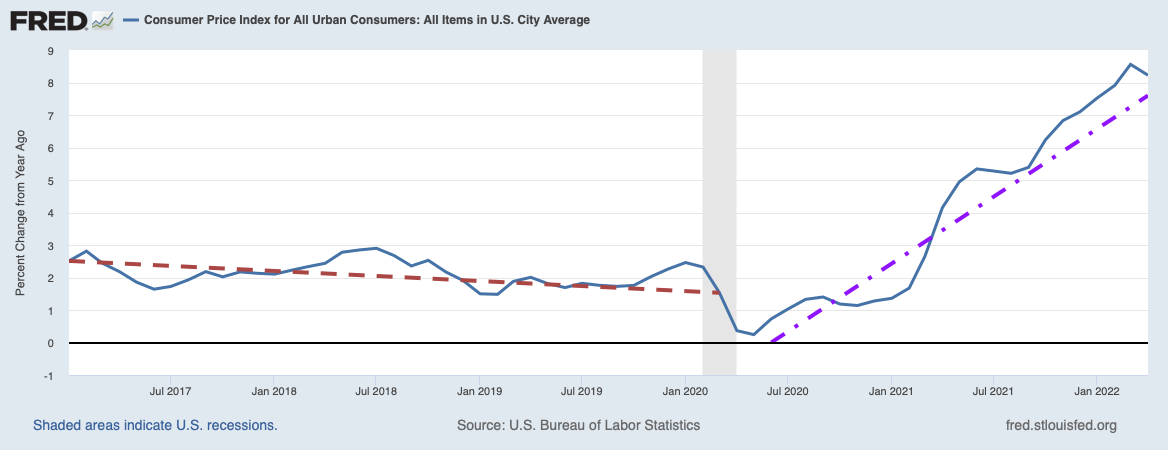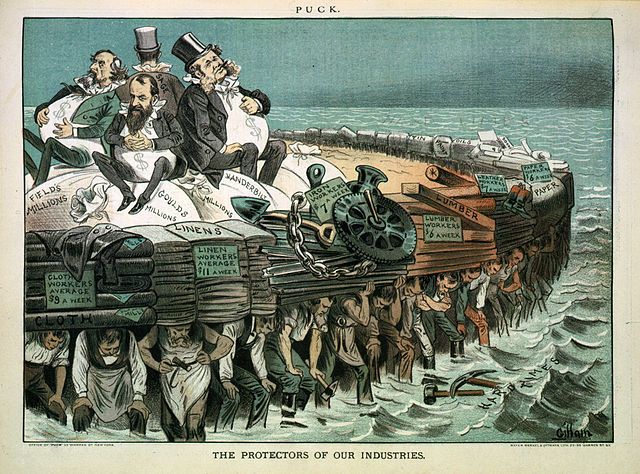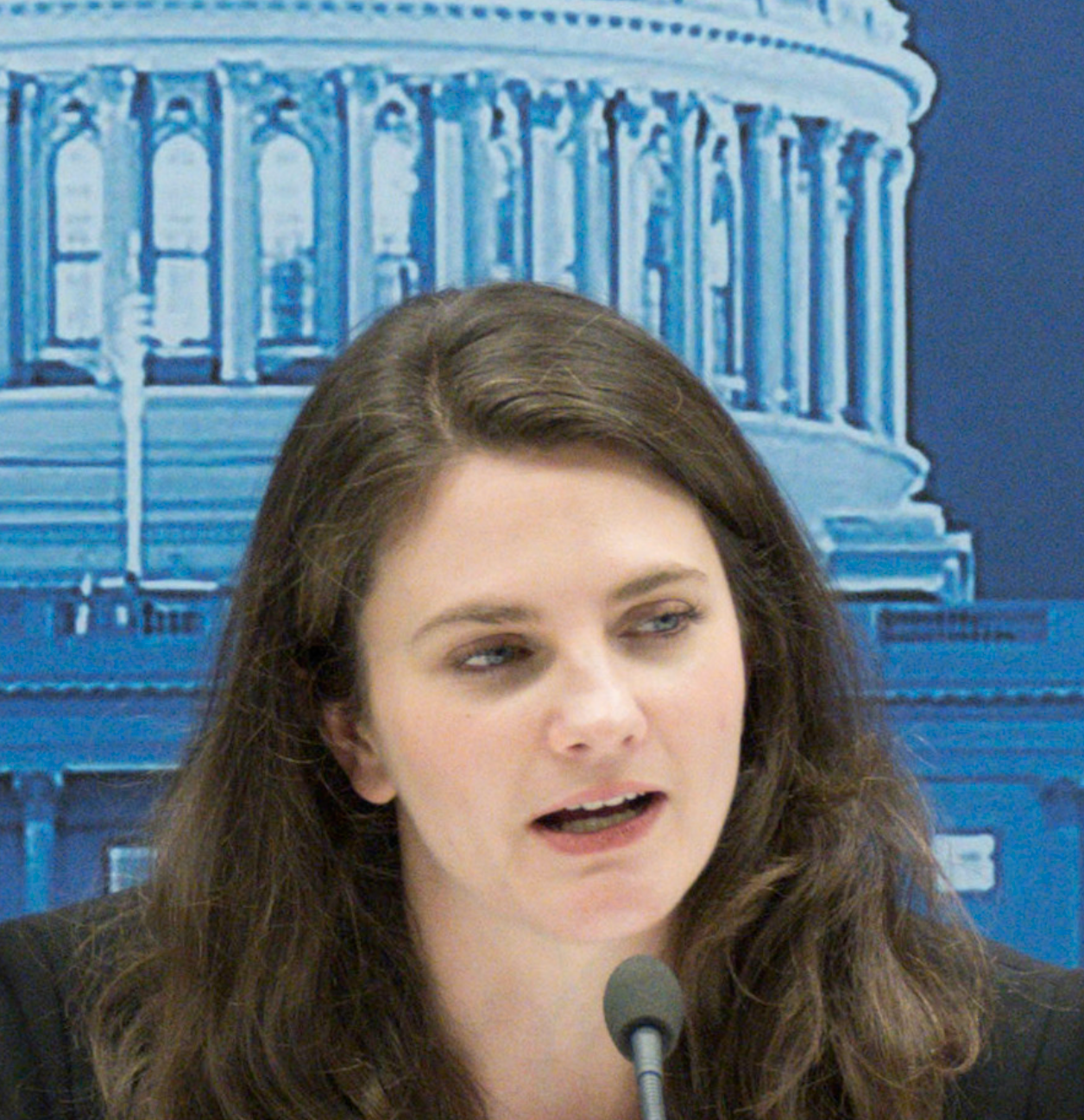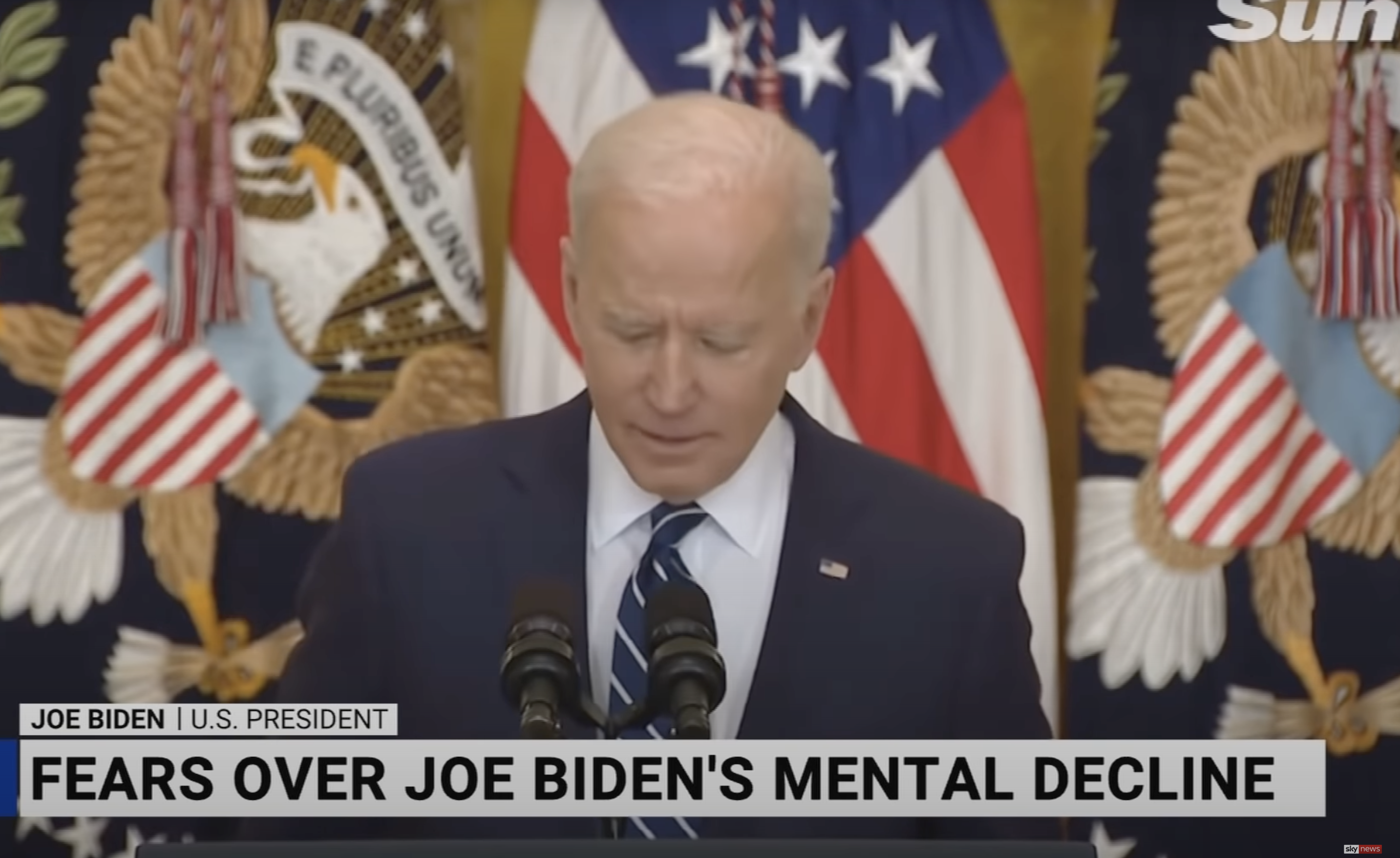Coming Apart and the Failure of Historical Memory
Anti-war demonstration in Berkeley, CA Photo Credit: Flickr.com/celesteh
When I was a child growing up in the 1950s, I absorbed what at the time felt like universal truths that everyone accepted. One of these commonly accepted truths came from the shock of the World War II experience. We entered that war with distinct numerical and qualitative military and naval disadvantages, due to our customary post-war practice of demobilization after World War I. As a reaction to our pre-war lack of strength in the 1930s and early 1940s, our country’s motto in the 1950s was “peace through strength”. In the future we would deter wars by simply being too hard a target to hit and survive. In this common attitude you can see the origins of the doctrine of Mutually Assured Destruction (MAD).

Wikimedia Commons/Bundesarchiv Bild 183-H12751, Godesberg, Vorbereitung Münchener Abkommen
Another commonly held belief from historical experience was that we should never appease a dictator. The memory of Neville Chamberlain encouraging Adolf Hitler to wage war by his appeasement was still very strong and raw. Since the Soviet Union with its messianic communist message appeared to be taking the place of Adolf Hitler as a threat, we had immediate need for that anti-appeasement instinct.
Yet a third commonly held truth was born from the shock and horror of the Nazi death camps, transmitted to us by films of their liberation and the pitiful living skeletons that they revealed. “Never again”, we exclaimed to ourselves, “will we allow a monster regime to commit genocide!”

In addition, while most Americans believed the economy should be privately owned and managed for the most part, older Americans remembered the travails of the Great Depression and the heroic efforts of the national government to stimulate the economy and aid the unemployed. They viewed the government as a friendly economic force for the common man. Whatever the actual truth of the matter, this was the common perception.
Finally, the common man was an individualist who greatly prized his freedoms. He could choose where he lived, where he worked, with whom he associated and talked, for whom he voted, and most importantly in what he believed. Unlike most other countries in the world, the United States was an exceptional nation that limited the powers of government and guaranteed personal freedoms within its most basic law, the Constitution.
Of course, there were many other not-so universal beliefs and ideological points-of-view back then, just as there are now. For example, the civil rights movement and the struggle against racism began in force in the 1950s, which divided the nation as much as uniting it. I cited the five sets of common attitudes above because at the time I perceived them to be almost universally held among most citizens. There may have been sizable minorities of socialists, communists, and pacifists, but they were definitely relatively small minorities. As a people we had at least those five sets of beliefs and values to unite us.
And then came the sixties, an expanded civil rights struggle, Lyndon B. Johnson’s War on Poverty, and the Vietnam War. The centrifugal forces produced by these issues began to tear us apart. A popular history of the period by William L. O’Neill, published in 1971, was appropriately entitled Coming Apart: An informal history of America in the 1960s. Our belief in the fundamental goodness of our fellow man was frayed by the civil rights struggle, and our beliefs in the competency and benign purposes of the federal government were fragmented by the Vietnam War and the results of LBJ’s War on Poverty. As these issues progressed into the 1970s, our pessimism was increased with the Watergate affair, and the loss of Vietnam to the communists in 1975. Also, as runaway inflation morphed into stagflation, many of us began to believe the government did not know what the hell it was doing economically.
During the 1980s the Reagan administration restored some of our faith in ourselves, at least briefly for some of us. The stagflation was ended with cooperation from the Volcker-headed Federal Reserve, and a roaring, healthy economy ensued that lasted for the next decade. In addition, the economic pressure put on the Soviet Union by Reagan’s military build-up, in cooperation with Margret Thatcher’s Great Britain, lead to its breakup and the freeing of Eastern Europe from communist domination. Even during the Clinton administration in the 1990s, some economic and social welfare progress was made when a Republican Congress forced welfare reform on Clinton. Nevertheless, the Clinton administration in its early years and a Democratic Congress had also sown the seeds for the 2007-2008 financial crisis and the following Great Recession, as we noted in the post Causes of the 2007-2008 U.S. Financial Crisis.
The long war against Islamic terrorism in Afghanistan and Iraq during the George W. Bush administration continued the erosion of public trust in the government. In addition, Bush’s “compassionate conservatism”, along with the fiscal needs of the Islamic terrorist wars, caused him to be a much bigger spender than many in his electoral base could bear. Bush alienated not only his natural ideological enemies in the Democratic party, but many conservatives in his own party as well.
In reaction to Bush, the advent of Barack Obama caused many on the political Left to think they had finally turned the corner and could finally remake the United States in the ways they dreamed. Not only had they seized the Presidency, but they had obtained large Democratic majorities in both houses of Congress. Yet the only great modification of the country they could enact was the so-called Affordable Care Act, AKA Obamacare. Obamacare was enacted without a single Republican vote, and even then only with a subterfuge that moved it around a filibuster in the Senate, ensuring that its failure will alienate the entire Republican Party and its electoral base. The financial and ultimately political failure of Obamacare would seem guaranteed by its ever-increasing cost and ever-decreasing financial support.
The reaction to Obamacare was swift with the Republicans taking over the House of Representatives and gaining Senate seats in the 2010 mid-term elections, and capturing the Senate while retaining the House in the 2014 mid-terms. Having lost his capability of moving bills through Congress, a frustrated President Obama has resorted to what many believe to be unconstitutional rule by Presidential edict. Are we in danger of losing our constitutional republic through the accretion of power in the President and the executive branch? “YES!” scream the conservatives and Republicans in their own frustration and fear. “No!” intone the progressives and Democrats. “The Republicans are not dealing with important problems and Obama must do what he can to solve them.” And the two parties polarize away from each other ever more.
Of course the Republicans believe Obama’s solutions are better crafted to worsen all our problems than to solve them, and the Democrats and Obama believe the same of Republican solutions. This polarization is caused by differences of ideas, beliefs, and principles, and can not be healed by only good will and a spirit of cooperation. I emphasized this last clause because it is a fact many citizens can scarce bring themselves to believe. The dysfunction of government in Washington is not caused by mere petty party rivalry.
So what is the point of this brief and admittedly selective rumination of U.S. history over the past 70 years? The point, dear reader, is that our historical experiences have begun to destroy those five sets of beliefs and values from the 1950s that once united us. No longer do we all believe that the U.S. should have a military and navy second to none. One major purpose of President Obama and the Democrats seems to be to reduce our armed forces as much as possible to also reduce our temptations to engage enemies overseas.
No longer do we believe as a people that genocide should be a cause for us to go to war, as evidenced by Obama’s insignificant reaction to ISIS. Instead, we constantly hear the refrain that the U.S. “is not the world’s policeman”. So it is now not our duty as human beings to do all we can to eliminate those who commit genocide? If we do not kill those monsters, have they not promised to come to our country and kill us here?
Yet a third belief that we seem to have lost is that we should never appease autocrats. Is this not precisely what we have done in negotiating a nuclear agreement with Iran that allows them means to evade inspections and continue development of nuclear weapons and ICBMs? In the process, we will hand back to them over $100 billion of their assets we had seized as sanctions, assets they can use to fund their client terrorists, such as Hezbollah, to spread their terror.
And what of our former beliefs about free markets? Is government even capable of managing the economy? Everything I have written about economics on these pages argues that politicians and bureaucrats make terrible decisions in allocating scarce resources to various parts of an economy. Can any American say government does a better job in running the economy than individuals and companies? Read the posts on the theme pages for Economic Crises, the Federal Reserve System, Leftist versus Neoclassical Economics, and the State of the Economy for my answers to these questions.
Finally, what of our freedoms as human beings? I have written several times about progressive propensities toward more and more authoritarian government, particularly in the posts Is Democracy the Best Government? Is It in Danger?, Do Progressives Want a Police State?, Progressives’ Basic Assumptions, and The Complexity of Reality. Also see The Political Spectrum for related comments on this. If we are going to look increasingly to government for solutions to all our problems, how can we avoid, in the process of giving the state enough power to do the job, giving up all our individual freedoms to the state?
How about it, America? What kind of nation are we?
Views: 2,020






















